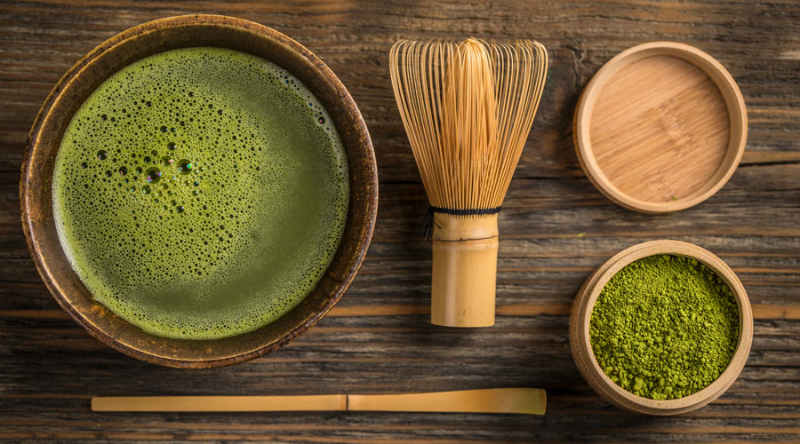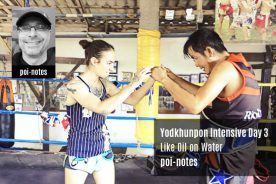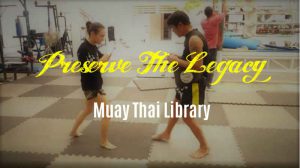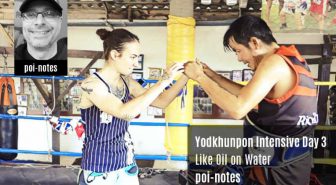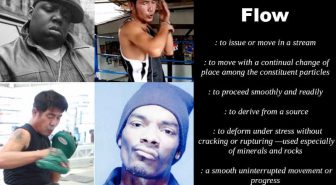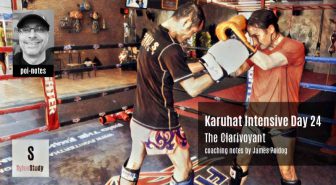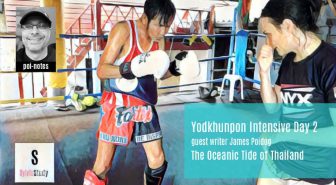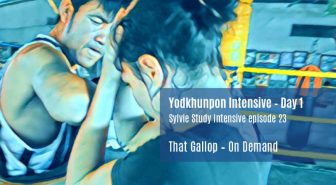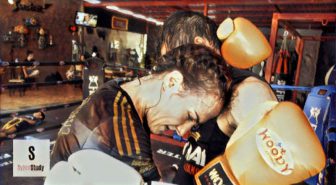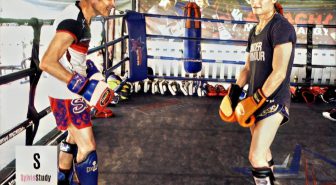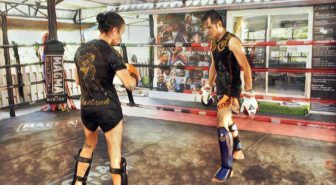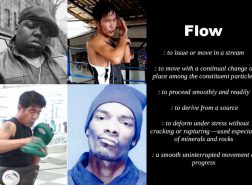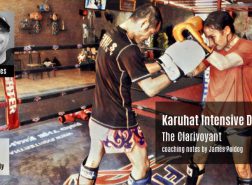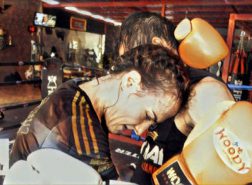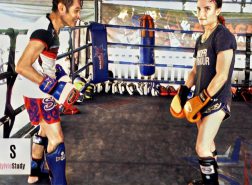I’m not sure where I heard this – or in fact if I heard it from somewhere – so I’m going to treat it as my own because these thoughts come regularly to me as I watch Sylvie strain not only through fatigue and self-doubt, but ultimately against her Self, as she seeks a new way of seeing…a way that comes from the battlefield.
It strikes me that there are 4 components to the art of making tea.
- Selecting the water you use.
- Selecting the tea you will brew.
- The process of brewing or steeping.
- The service of the tea.
You could have the most delicate and perfected brewing techniques, have the most exquisite blend of tea to steep, and the most extraordinary tea set (and service customs), but if you begin with dirty water the tea you make will be limited, distorted and most probably unpalatable. In a true sense, we have to understand that tea itself is a kind of “dirty” water. It is water we have chosen to put impurities into, impurities of a kind. When learning to fight, to see, the water we come to the process with is as important, or more important than the tea we put in, or how we brew it or serve. It if we have a good water source we can then change all the other factors, find better and better methods or teas or cups.
So here is Sylvie training with legends. Karuhat in particular (the tea) is a ratified leaf of incredible subtlety. Few fighters ever had his sense of style. And the method of brewing – essentially 90 minutes of instructive sparring sessions – is a long steep brewing method. The cup it will be presented in, we do not know, but the water. The true, almost unbearable challenge is the water. What water is to be brought to the tea each and every day. Not to get too esoteric, How clouded will the water be?
If you were just pushing through pads and banging on bags it seems that the water might not be as important. It’s just plain old Lipton. But then again, it is probably best to have the best water (mind) at any point in the process. In this case, where Sylvie is literally trying to re-write her perceptual apparatus, the water is imperative. What I’ve seen is that the process is so arduous, learning to see differently so taxing, it brings with it all the pollutants of the mind that fill our lives. Our deepest “water”, the water of our well, is what ends up being brewed with. And when things grow most difficult we somehow feel that dumping more and more of that water in the cup is the answer. The largest challenge is quieting the water, still-ing the water we bring, so the tea has the greatest chance to express itself.
You can watch the steeping of the tea, and the struggle of the water in real time.

